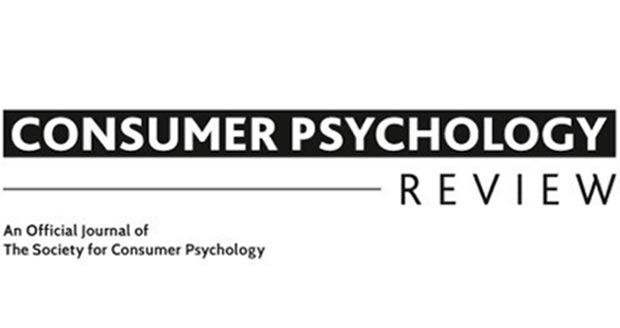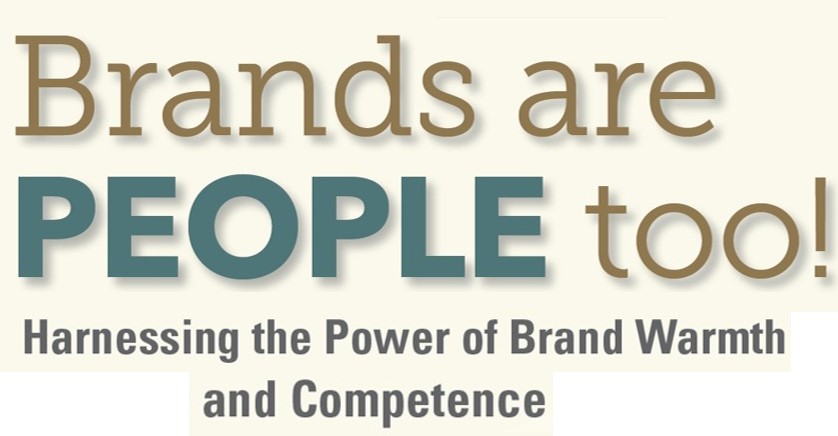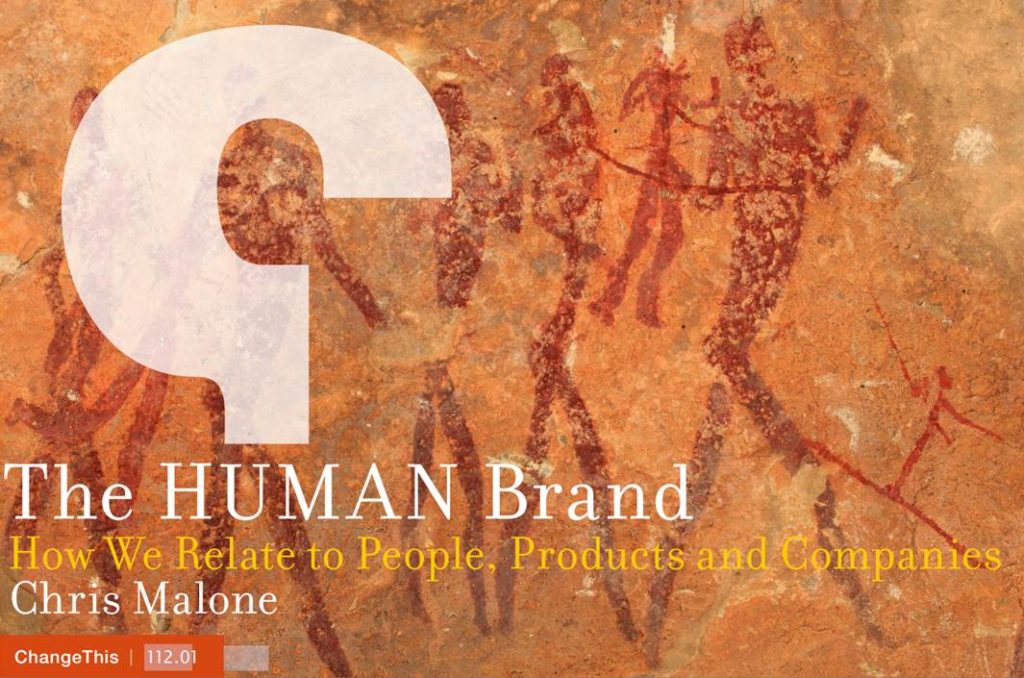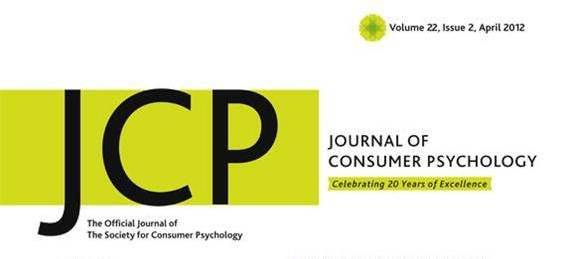Not All Disasters Are Equal in the Public Eye
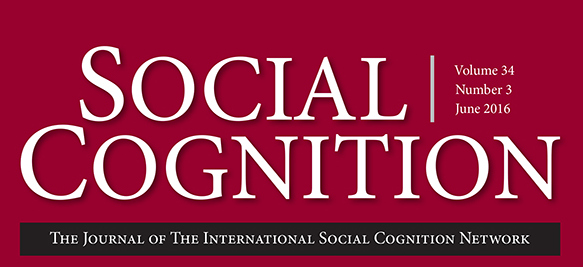
 Nicolas Kervyn, Université catholique de Louvain, Université Libre de Bruxelles; Emily Chan, Colorado College; Chris Malone, Fidelum Partners; Adam Korpusik, Colorado College
Nicolas Kervyn, Université catholique de Louvain, Université Libre de Bruxelles; Emily Chan, Colorado College; Chris Malone, Fidelum Partners; Adam Korpusik, Colorado College
Oscar Ybarra, University of Michigan
Warmth and competence are fundamental dimensions used to characterize people, animals, and even corporations. Based on observations from a preliminary survey (Study 1) on the impact of scandals on several brands, we predicted that an organization that caused a disaster would be judged more harshly if its warmth rather than competence reputation was called into question.
Study 1 surveyed a nationally representative sample of American adults and results showed that not all scandals had the same consequences on the perception of warmth, competence, and on consumer attitudes. Study 2 suggested that framing the cause of a local environmental disaster in terms of low warmth resulted in harsher judgments toward the responsible organization than framing the cause related to incompetence. Study 3 found that a warmth frame for post-disaster cleanup was ineffective compared to a competence frame. These results suggested that warmth and competence shape perceivers’ blame attribution following a corporate or
organizational disaster.



